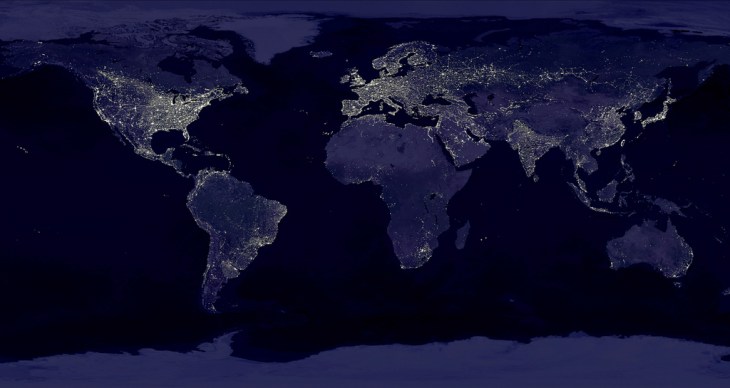If Ford built a private toll highway that only allowed Mustangs, Americans would be outraged. Infrastructure is the bloodstream of an economy; if powerful established players controlled roads, telephone lines, and Internet cables, they could favor the highest bidder at the expense of the savvy entrepreneur, choking off the meritocracy that makes market economies so innovative.
This is precisely why many in the Internet community are up in arms that a U.S. circuit court threw out the Federal Communications Commission’s net neutrality law, which prevented internet service providers from choosing which websites to favor with faster connection speeds.
“Most of the great innovators in the history of the Internet started out in their garages with great ideas and little capital. This is no accident. Network neutrality protections minimized control by the network owners, maximized competition and invited outsiders in to innovate,” wrote Harvard Law Professor, Lawrence Lessig.
Verizon and litigants of the the FCC’s 2010 Open Internet Order argue that the First Amendment protects their right to decide how to treat content over the Internet lines they paid to distribute. According to Verizon’s own legal defense, The Open Internet order violates the “First Amendment by stripping them of control over the transmission of speech on their networks. And it takes network owners’ property without compensation.”
Verizon has a tempting argument that appeals to America’s love of Individualism: your property, your business. And, I would be standing at Verizon’s side waving an American flag disdainfully at consumer advocates if the telecommunications company had also paid for the billions in government research that discovered the principles of peer-to-peer computer networking.
Verizon stands on the shoulders of public engineering giants, such as Google’s Vint Cerf, who toiled in Defense Department laboratories to birth the rent-free free code that Internet providers happily borrow to run their networks.
As the original architects of the Internet recall, it is a libertarian fantasy that government employees and taxpayer dollars were not the genesis of the Internet.
Democracies have always granted special legal responsibilities to infrastructure. Indeed, Adam Smith, the philosophical godfather of capitalism said it best, arguing that the government has,
“a duty of erecting and maintaining certain public works and certain public institutions, which it can never be for the interest of any individual, or small number of individuals, to erect and maintain because the profit would never repay the expense to any individual or small number of individuals, though it may frequently do much more than repay it to a great society.
In other words, meritocracy must be a timeless principle, allowing the scrappy new entrepreneur every bit as much opportunity as the established players once had.
Net Neutrality, like all laws, is a complicated issue. Some providers would like to treat video hogs differently on networks with limited bandwidth. Airplane WiFi may need to limit Skype for the sanity of its passengers. The nuance of neutrality is a healthy debate to have.
But, Verizon should not fool anyone into thinking that the decision is theirs to make because they dug holes in the ground for Internet fiber. They did not build the Internet alone. They do not own it. We all do and it is our decision to democratically make.
